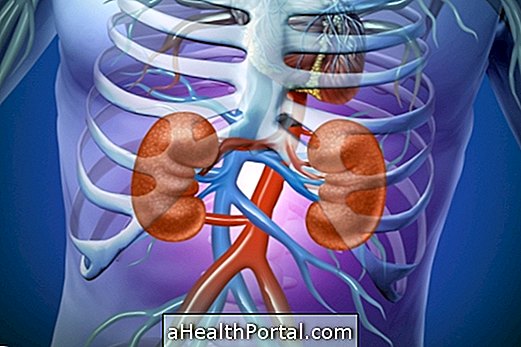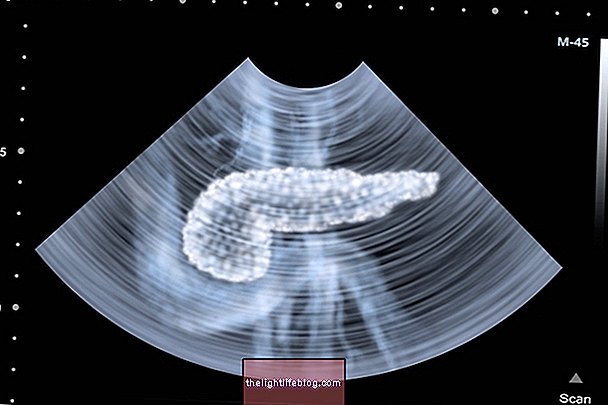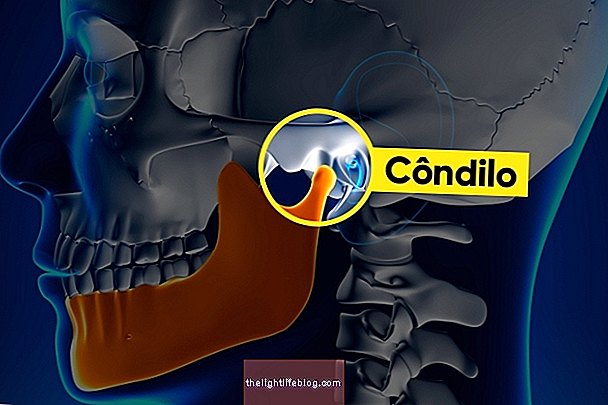Surgery is the first recommended treatment for bowel cancer because it is the fastest and most effective way to remove most of the tumor cells, which can cure cancer in milder cases of grade 1 and 2, or delay its development, in the most severe cases.
The type of surgery used depends on the location of the cancer, its type, size and how much it has spread in the body, it may be necessary to remove only a small piece of the wall of the intestine or remove an entire portion.
In any of the types of surgery, your doctor may recommend doing other treatments like chemotherapy or radiotherapy to remove cancer cells that have not been removed. In more severe cases, where the chances of cure are very low, these treatments may still serve to alleviate the symptoms.
Surgery for underdeveloped cancer
This is the simplest type of surgery used to remove grade 1 tumors that have not yet developed and which therefore affect a small region of the intestine.
To do this surgery, the doctor uses a small tube, similar to a colonoscopy, which has an instrument at the tip that can remove pieces from the wall of the intestine. So the doctor removes all the cancer cells and some of the healthy cells around to ensure that the cancer does not recur.

After that, the cells removed are sent to the laboratory for analysis. With the result, the doctor evaluates the degree of alteration of the malignant cells and evaluates the need to do a new surgery to remove more tissue.
This surgery is done in the doctor's office and, therefore, it is not necessary to use any type of anesthesia, and only mild sedation can be used. That way, it is possible to return home the same day, not having to stay in the hospital.
If you are going to do this kind of surgery, here's how to prepare, following the indications used for the colonoscopy exam.
Surgery for cancer developed
This type of surgery is used for the most developed cancer, such as some grade 2, and almost all grade 3, 4 and 5. Unlike the surgery for grade 1 cancer, it is done in the hospital with general anesthesia, because it is necessary to make a cut in the belly to be able to remove larger portions of the intestine. So after surgery you need to be hospitalized for about 1 week before returning home to make sure there are no complications.
During surgery, the doctor tries to remove all of the intestinal tissue affected by the tumor and therefore the amount of bowel removed varies depending on the location of the tumor, its size and development. After removing the affected part, the surgeon connects the two parts of the intestine, allowing to restore the functioning of the organ.

In cases where it is necessary to remove a very large part of the intestine or the surgery is very complicated, the doctor can connect the intestine directly to the skin, known as ostomy, to allow the recovery of the intestine before making the connection of the two parts. See more about what it is and how you should take care of the ostomy.




















